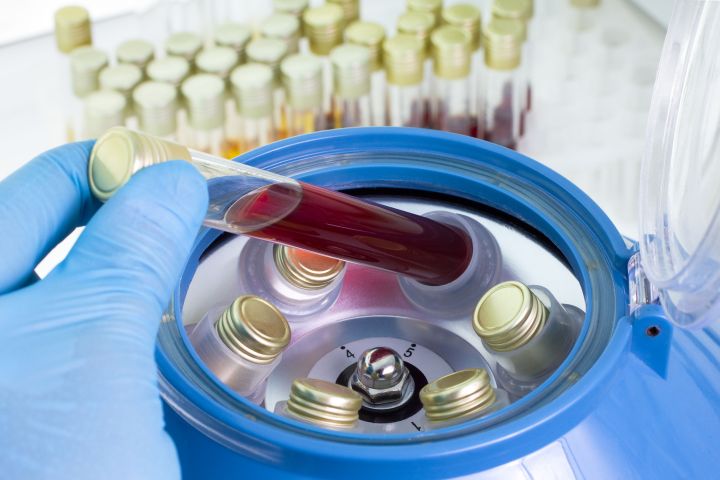
CancerLocator works by detecting and measuring tumor DNA circulating freely in blood. Every time a cell dies, bits of its DNA is released into the bloodstream carrying unique identifiers called methyl groups, which can signal whether or not a gene was affected in a cancerous cell.
“The cell-free DNAs are extracted from blood samples and subjected to DNA methylation profiling,” Jasmine Zhou, one of the researchers who leads the project, told Digital Trends. “From those DNA methylation patterns, we use statistical learning techniques to identify signatures of individual cancer types.”
Cells have different gene expressions throughout the body so, by analyzing the methylation profile of a particular bit of DNA, CancerLocator can pinpoint where the DNA comes from.
“Using the large amount of DNA methylation profiles of various tumor types in the public database, we can identify the DNA methylation signatures that differentiate multiple cancer types as well as normal plasma,” said Wenyuan Li, another researcher behind the project. The team then developed a statistical model based on those signatures to help infer the tumor’s type and severity.
In the study, researchers compared CancerLocator to two older programs, testing blood samples from patients with liver, lung, or breast cancer. CancerLocator demonstrated an error rate of just 0.264, compared to 0.646 and 0.604 for the other programs. It was able to detect early-stage cancers with 80-percent accuracy.
A paper detailing the study was published last month in the journal Genome Biology.


